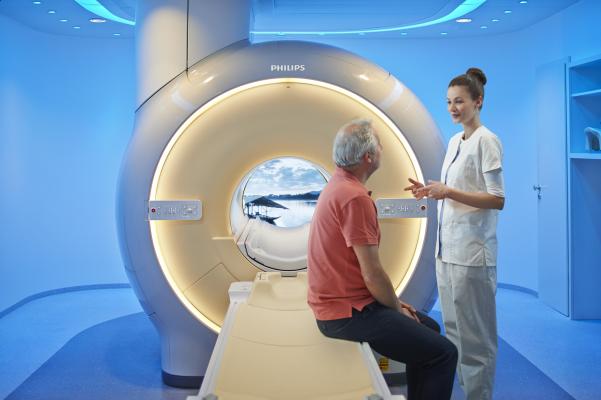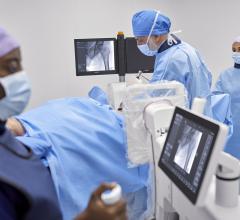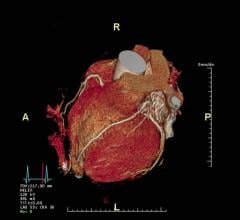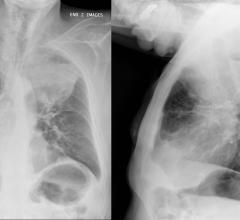
October 24, 2017 — Philips recently announced the key findings of its research focused on the patient experience in diagnostic imaging procedures. Philips’ Patient Experience in Imaging Study surveyed 603 patients in the United States and Germany about their satisfaction, expectations, preferences and unmet needs with diagnostic imaging procedures in the past year. Patients identified trust in the referring doctor, communication, comfort, safety and getting the image right the first time as key priorities. The research provides insight into how patients perceive imaging procedures, what they value during the process, and what healthcare professionals can do to create a more patient-centered imaging experience.
The Patient Experience in Imaging Study focused on the premise that patient anxiety and discomfort throughout the diagnostic imaging process can significantly impact its outcome, ranging from stress-related movement that impedes high-value scans in magnetic resonance imaging (MRI) [1] to the physiological effects of stress on image acquisition in positron emission tomography-computed tomography (PET-CT) [2]. Patients who feel comfortable and secure are less likely to engage in behaviors that compromise the quality of the imaging study, making it easier for staff to acquire high-quality images and for radiologists to accurately interpret them.
Patients’ top priorities were to get through the scan as quickly as possible and to minimize exposure to harmful radiation and contrast agents. While most patient respondents expressed feelings of being well taken care of, respected and informed, many also cited feelings of nervousness, uncertainty and powerlessness during the process. Other highlights of Philips’ Patient Experience in Imaging Study that patients rated as important or very important include:
- Communication – Patients expressed the desire to be well-informed throughout their imaging procedure. Timeliness of scheduling and communication of results were top concerns for patients with key areas being: minimal wait time to get procedure scheduled (61 percent); and minimal wait time to receive results (58 percent);
- Safety and comfort – Imaging patients sought safety and well-being throughout the imaging process and valued speed and comfort during the procedure itself. Patients wanted to complete the procedure quickly and efficiently and to obtain an effective scan with minimal dose; and
- Trust and confidence – The need to trust their referring doctor and imaging staff to get the appropriate scan was preeminent among patients: Seventy-one percent indicated that trust in their referring doctor was important or very important; and 67 percent wanted the “right image the first time” to reduce the need for repeat scans.
The Patient Experience in Imaging Study was conducted in the summer of 2017 by Kantar TNS, in the Netherlands per order of Philips. The double-blind study assessed patient impressions across the imaging experience, from referral through diagnosis or follow-up.
The full report can be downloaded here.
For more information: www.philips.com
References
[1] Andre, Jalal. Johanssan, Katarina. Relaxed patients, reduced motion, improved productivity. FieldStrength MRI Magazine.
[2] Intervention to lower anxiety of 18F-FDG PET/CT patients by use of audiovisual imagery during the uptake phase before imaging. J. Nucl. Med. Technol. 2012 40:92-98 published ahead of print May 8, 2012.


 April 23, 2024
April 23, 2024 








